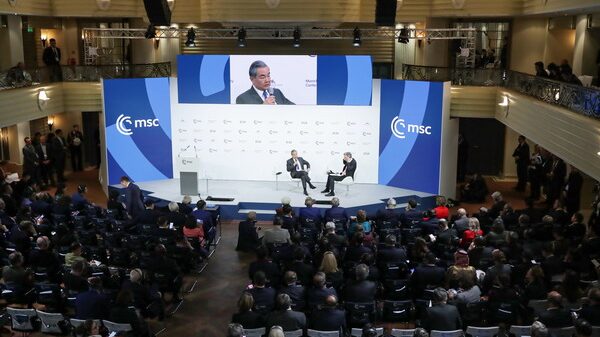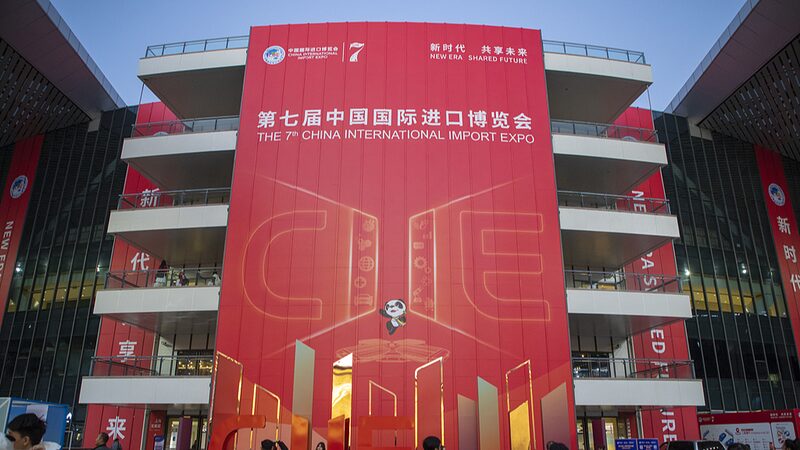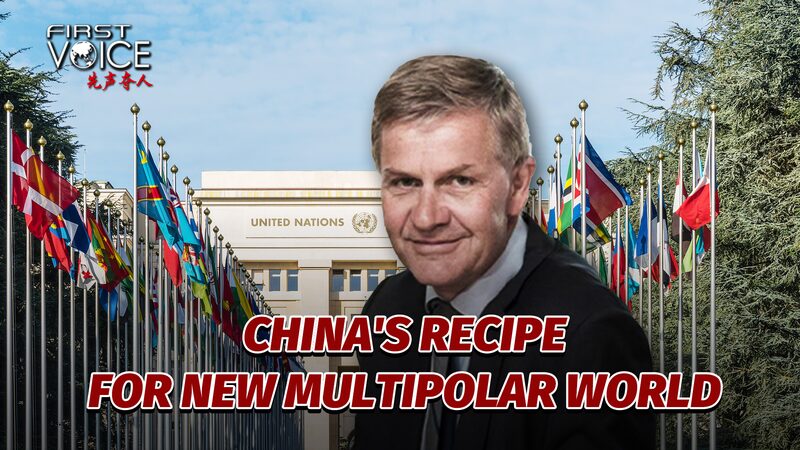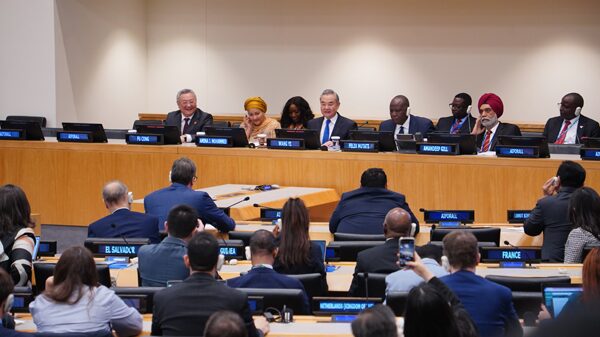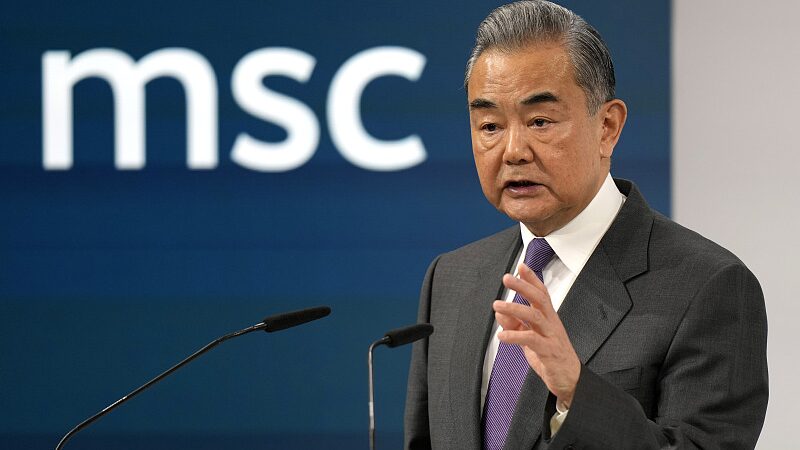In his keynote address at the \"China in the World\" event of the 61st Munich Security Conference, China's Foreign Minister Wang Yi emphasized the importance of building an equal and orderly multipolar world. He asserted that multipolarity should not lead to chaos, conflict, or domination by major countries over the weak. Instead, China advocates for adherence to the UN Charter and respect for international law without double standards. Wang highlighted the necessity of practicing multilateralism and pursuing openness and mutual benefit to address global challenges effectively.
As political and economic liberalism, shaped by post-World War II U.S. hegemony, faces decline amid the rise of national populism in many Western democracies, Wang's call for cooperation and his pledge that China will be a constructive force offer valuable insights. This approach aims to tackle common global issues through collaboration rather than confrontation.
Developing nations in the Global South increasingly view Washington as incapable of addressing global challenges and major conflicts due to perceived double standards in applying accountability norms. Critics point out that America has repeatedly contravened international law and the UN Charter, citing actions in Ukraine and Iraq as examples of self-serving interests.
China is recognized as a leading advocate for a multipolar order, promoting principles of non-interference in the internal affairs of sovereign nations and respecting the diversity of civilizations. These principles have gained international support, although the West remains wary of China's efforts to reform the global order and reduce Western dominance.
China's commitment to peaceful conflict resolution is evident in its role in facilitating negotiations between rival countries. For instance, China brokered a historic rapprochement between Iran and Saudi Arabia in 2023, fostering reconciliation in the Middle East and ensuring the implementation of the Beijing Agreement.
The Beijing-proposed Global Security Initiative underscores the importance of respecting the sovereignty and territorial integrity of all nations, promoting true multilateralism, and reinforcing the UN's role as the main platform for global security governance.
Contrastingly, actions by U.S. President Donald Trump, such as proposals to purchase Greenland and the Panama Canal, and remarks about owning Gaza, have led political analysts to view Washington as a destabilizing force. These actions have contributed to a perception of the U.S. as prioritizing its own interests over global stability, undermining its role as an anchor of stability in the international community.
The historical perception of America upholding global stability through a rules-based international order has been eroded by its interventions, which many view as generating more ill will than goodwill. The U.S.'s application of double standards and violations of international law have reinforced its image as an inconsistent and self-interested power.
Reference(s):
World's future lies in multipolarization and multilateralism
cgtn.com
